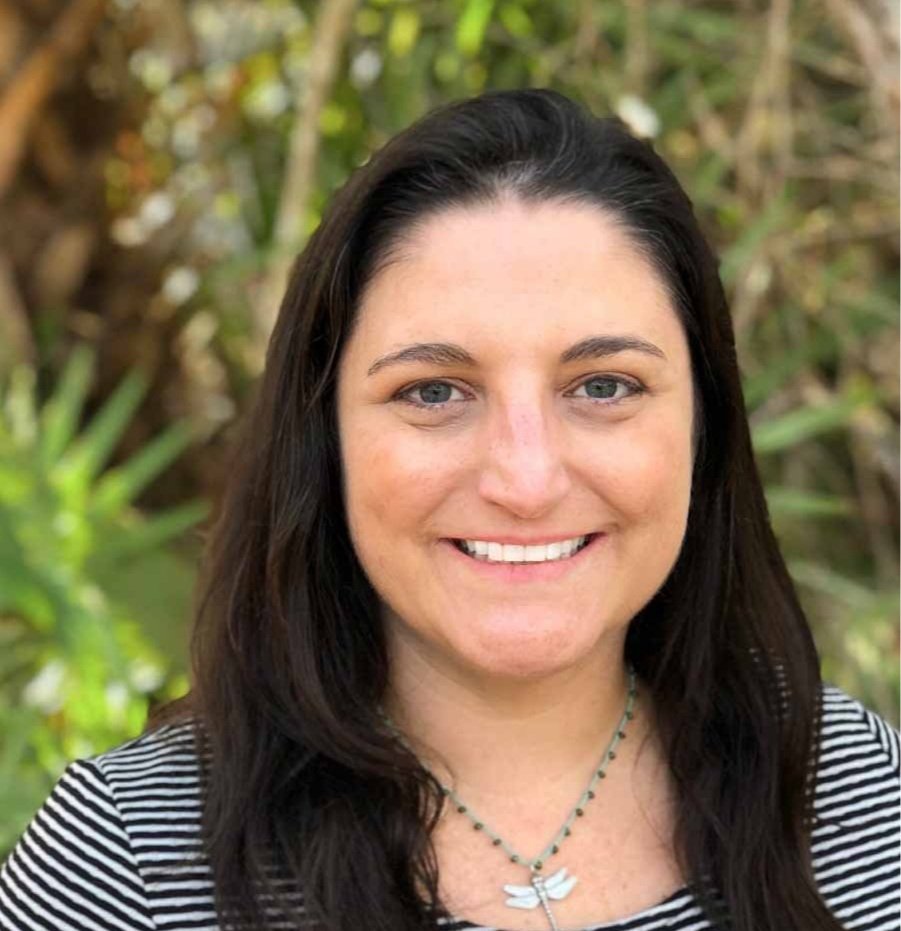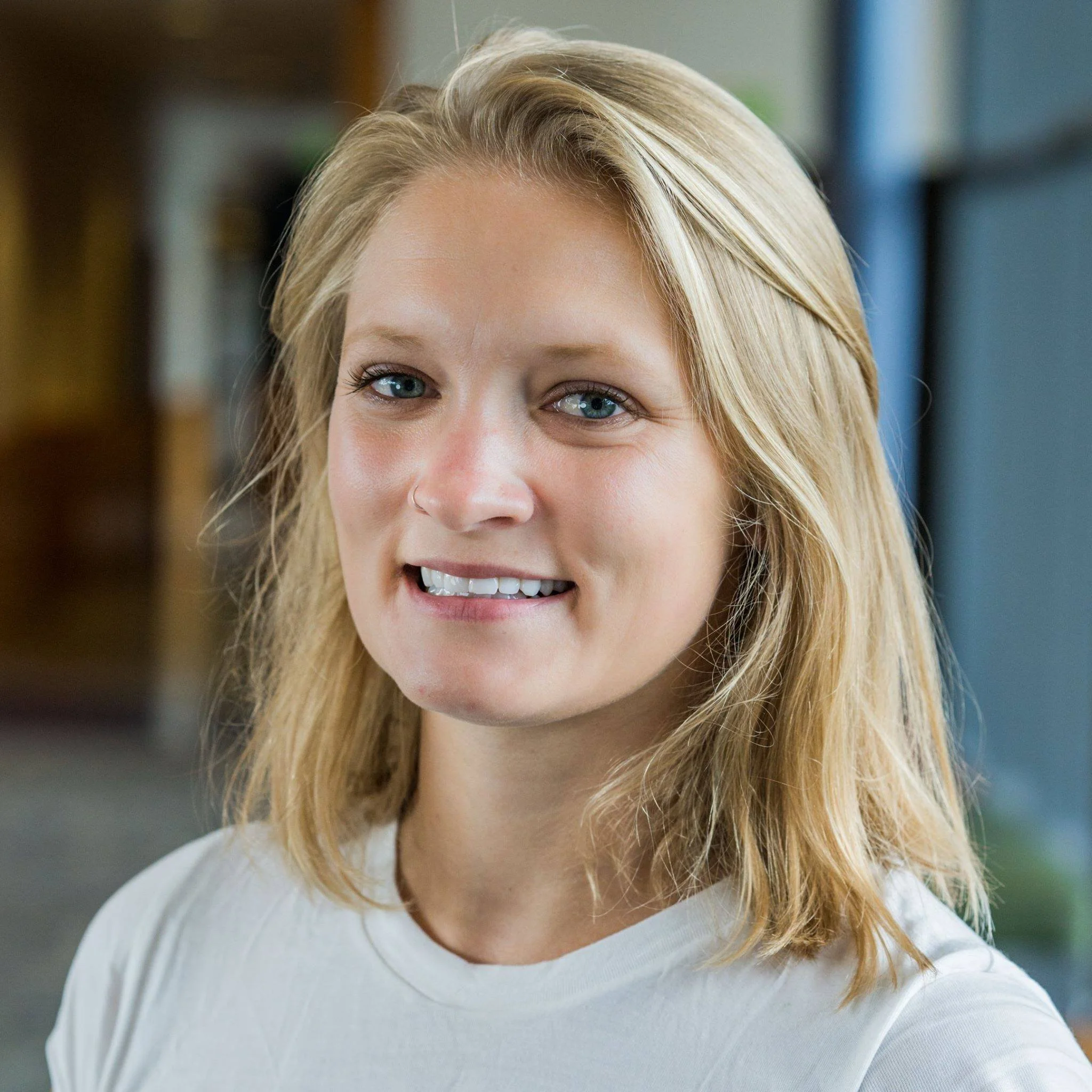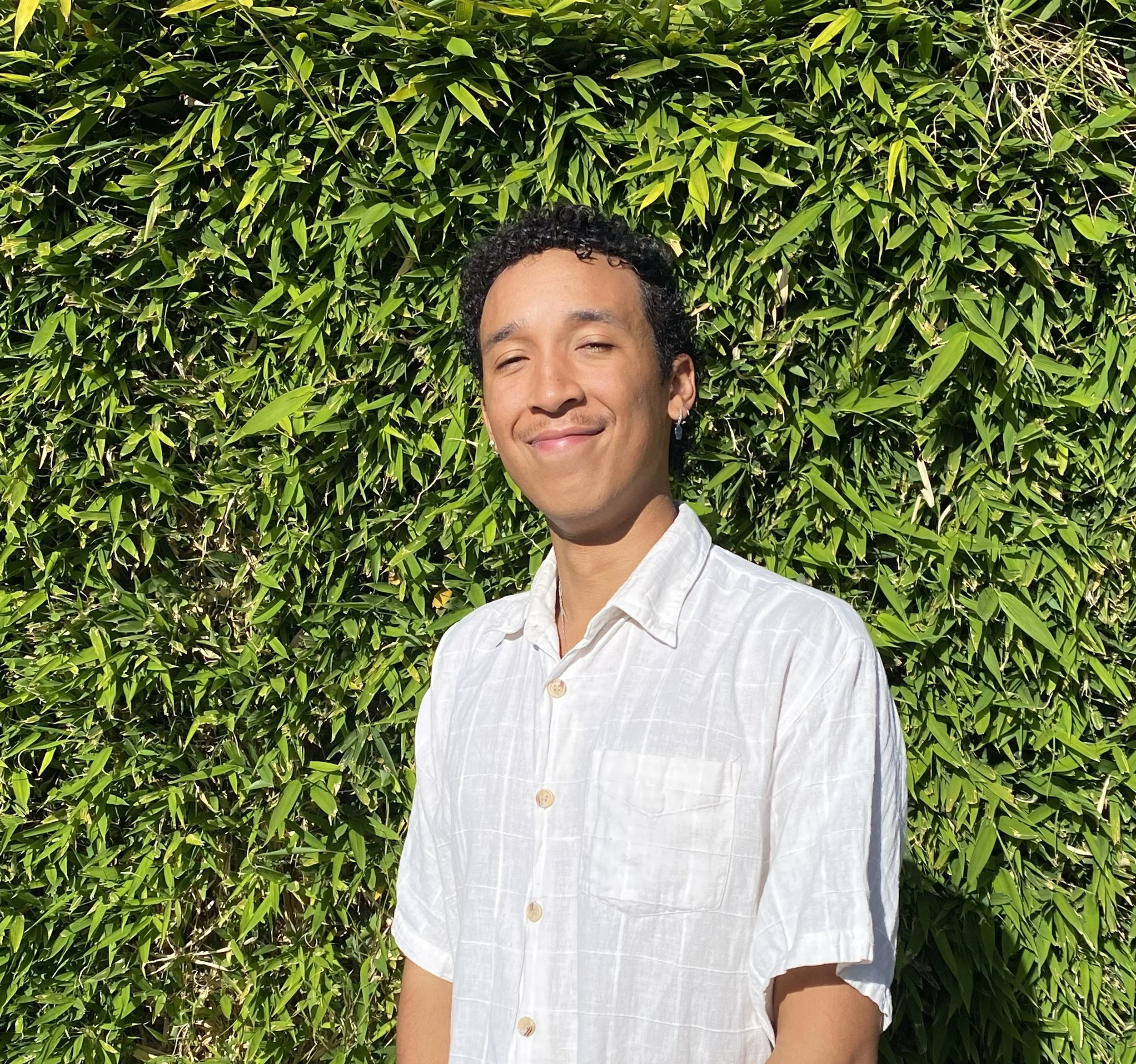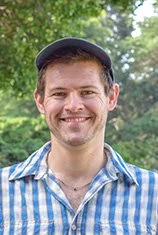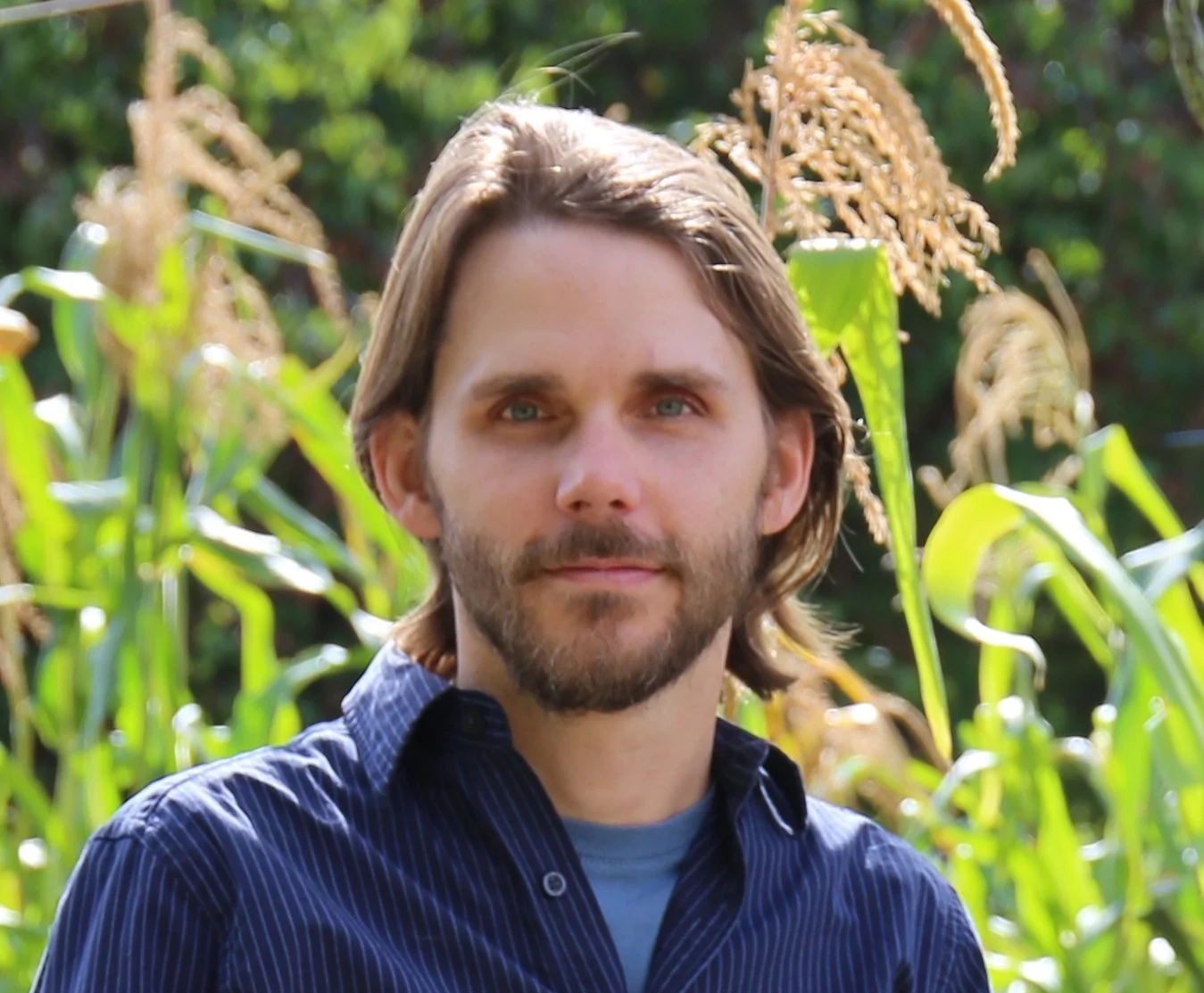
Inspired by nature
Our Team
Robin Grossinger, Principal
Robin Grossinger is Principal and Founder of Second Nature Ecology and Design. Robin’s work brings together ecological science and urban design, collaborating with cities, corporations, and communities to redesign our cities with nature – work featured in a UN-Habitat Global Urban Lecture and covered by media from NPR to The New York Times. Robin is the author of the Napa Valley Historical Ecology Atlas, published by University of California Press, and received a Local Hero award from Bay Nature magazine. His many publications include Making Nature’s City: A Science-based Framework for Building Urban Biodiversity and The Biological Deserts Fallacy: Cities in Their Landscapes Contribute More than We Think to Regional Biodiversity.
Robin speaks frequently to professional and general audiences, with engagements ranging from the Naturegarten Intensif in Grünberg, Germany, to serving as the Ecological Restoration Track Chair for Living Future. Previously he established the Urban Nature Lab at the San Francisco Estuary Institute. Robin is a Senior Fellow of the American Leadership Forum Silicon Valley.
robin@secondnatureeco.com
Megan Wheeler, PhD, Director of Strategy
Megan is Director of Strategy and a Senior Ecologist at Second Nature. She is an urban ecologist who specializes in quantifying the multiple benefits of urban greening, developing science-based targets, and evaluating community attitudes toward nature. She brings experience leading the development of city- and neighborhood-scale strategies for urban biodiversity and resilience through urban forest master plans and other collaborative approaches with city staff and community organizations. Megan previously worked as an Environmental Scientist in the San Francisco Estuary Institute's Urban Nature Lab and holds a PhD in Environmental Life Science from Arizona State University.
Erica Spotswood, PhD, Director of Science
Erica is Director of Science and a Senior Ecologist at Second Nature. She is an urban ecologist with nearly a decade of experience working with scientists, designers, and conservation practitioners to analyze and improve nature in our cities. Erica specializes in using science to guide urban biodiversity conservation, evaluating biodiversity responses to changes in the urban landscape, and making connections between urban biodiversity and human health and well-being.
Erica has led projects in partnership with cities, park districts, conservation non-profits, urban designers, and private companies. She brings broad experience creating effective cross-disciplinary collaborations to guide nature interventions in urban settings. Prior to joining Second Nature, Erica was the Science Director for the Urban Nature Lab at the San Francisco Estuary Institute. Erica is an Expert Advisor to SBTN for Cities and serves on the Advisory Council for Canopy. She holds a PhD from the department of Environmental Science, Policy and Management at the University of California at Berkeley.
Myla Aronson, PhD, Senior Ecologist
Myla is an urban ecologist with more than 20 years of experience on the conservation, restoration, and maintenance of biodiversity in human dominated landscapes. In addition to her work with Second Nature, she is an Assistant Professor in the Department of Ecology, Evolution and Natural Resources at Rutgers, The State University of New Jersey and the Director of the Hutcheson Memorial Forest. She has published over 50 papers on urban, forest, and wetland biodiversity and restoration, and most recently, is the co-editor, with Charles Nilon, of the 2024 book, The Routledge Handbook of Urban Biodiversity. Myla uses the results from her research to direct decisions for city planning and design, restoration, and management of urban green spaces.
Tim Beatley, PhD, Senior Advisor
Tim serves as a Senior Advisor, applying his unique urban nature expertise to selected Second Nature projects. Tim is the Teresa Heinz Professor of Sustainable Communities at the University of Virginia, School of Architecture, where he explores the convergence of a rapidly urbanizing planet and the need for cities that are more livable and natureful. Tim is the author of more than twenty books that investigate global precedents on wide-ranging topics that include planning for coastal resilience, bird-friendly cities, urban forests, and the ethics of land use. In 2010, Tim first introduced the concept of biophilic city planning, which continues to be an apt lens for how to plan and design cities where a connection to nature is an essential element of everyday life. He is the founder and executive director of Biophilic Cities, which partners with a network of cities, scholars, and advocates from across the globe to build an understanding of the value and contribution of nature in cities to the lives of urban residents. With Second Nature, Tim looks to bring the theory of biophilic cities into practice, helping to develop trend-setting projects that demonstrate how cities can be more livable, equitable, and natureful places.
Sam Safran, Consulting Ecologist
Sam brings expertise in ecosystem resilience and climate change adaptation to the greening of cities. His research leverages quantitative models, historical sources, and citizen-science data to predict the response of birds and other wildlife to ecological improvements. He works with cities, public agencies, and private entities to design data-driven ecological strategies that recognize the potential of urban areas to support missing, and often forgotten, habitats and species.
JD Brown, Senior Associate, Policy & Planning
JD brings his unique expertise in policy and planning to developing strategies for urban nature. With a law degree from the Georgetown University Law Center and a Masters in Urban and Environmental Planning from the University of Virginia, JD explores the intersection of urban planning and policy frameworks to help cities nurture abundant, biodiverse, and equitably-accessible nature. During more than two decades of legal practice, JD has developed extensive knowledge of land use, municipal, and environmental law representing a range of public interest, governmental, and corporate clients. He has authored an array of guiding documents to assist cities in implementing the concepts of biophilic cities and nature-based policy and practice, including Planning for Biophilic Cities published by the American Planning Association. In addition to his role at Second Nature, JD serves as the Program Director for Biophilic Cities, located in the University of Virginia’s School of Architecture, where he collaborates with partners in cities around the world to shape innovative mechanisms to advance the planning and design of biophilic cities and has provided instruction to graduate and undergraduates on the topics of planning law and biophilic cities.
Emily Erickson, PhD, Ecologist
Emily is an ecologist with over seven years of experience in urban pollinator habitat design, community science, and field research. She specializes in integrating ecological theory with practice to develop science-based recommendations for supporting pollinator biodiversity in urban landscapes. Emily earned a doctoral degree in Entomology from the Pennsylvania State University in 2021, where she led several research projects assessing pollinator visitation to common urban garden plants. She then worked as a postdoctoral researcher at the University of California, Davis studying habitat use and population dynamics of monarch butterflies in the San Francisco Bay Area.
Kevin Vega, PhD, Ecologist
Kevin is an urban ecologist who has spent nearly a decade researching the importance of small green spaces for biodiversity in the city of Zurich, Switzerland after crossing the ocean from New York. His work has focused on the promotion of urban wildflowers, improving connectivity, and soil quality & function. Kevin has worked hand in hand with architects and city greenspace managers to ensure that his research addresses their needs and always has an eye on practical implementation, translating ecological research into direct design recommendations and guidelines. This also extends to the community, where he has worked with a local non-profit to lead community science projects on urban pollinators and spontaneous flora. He holds a PhD in Ecology from the ETH, Zurich.
Cesar Estien, PhD, Ecologist
Cesar is an urban ecologist who has spent his career investigating how human-driven disturbances impact wildlife communities, in order to improve management and conservation policy. He specializes in understanding how societal inequities and injustices, such as historical redlining in the US, socioeconomic differences, and environmental health disparities, shape wildlife ecology, urban biodiversity, and biodiversity sampling by weaving together ecological theory with environmental justice. Cesar works with and alongside NGOs, government agencies, local residents, and research institutions to understand the factors shaping local ecologies and what this means for improving human-wildlife interactions and equitable access to nature/biodiversity. He received his PhD in the Department of Environmental Science, Policy, and Management at the University of California, Berkeley.
Max Lambert, PhD, Consulting Ecologist
Max was classically trained in wildlife, fish, and conservation biology at UC Davis where his undergraduate thesis unexpectedly led him to understand the potential for coexistence between people and biodiversity in urban areas. He then completed his masters and PhD at Yale University where he studied aquatic species like frogs, turtles, and mussels in suburban and urban areas in New England. From there he completed his postdoctoral work at UC Berkeley and the University of Washington where he experimentally tested the habitat value of constructed urban stormwater infrastructure for aquatic species. He has received rich training in various biological methods from genomics and endocrinology to population, community, and landscape ecology as well as diverse social science and urban planning fields. His career has led him to working with biodiversity and ecosystems in diverse cities and suburbs across North America.
James Barnes, Ecologist
James is an urban ecologist with a background that spans landscape scale restoration, design-centered strategies for urban greening, and the complex human/nature/technology interactions that emerge in-between. He specializes in the interdisciplinary integration of ecological objectives with the broader design goals and constraints of clients. James has led triple-bottom line restoration projects for imperiled species and ecosystems with organizations such as the U.S. Forest Service and Piedmont Environmental Council. More recently, his work has explored the role of design tools and emerging technology in promoting ecological restoration, including landscape analysis through AR/VR and computational planting design. James holds a master’s degree in Natural Resources from the University of Vermont. He is currently completing his PhD at the University of Virginia School of Architecture where his dissertation explores the design and effect of temporary biodiversity interventions on pollinators, urban heat, and children’s wellbeing in public schoolyards.




